Global Branding opportunities that Sri Lanka missed

Sri Lanka has been at the forefront of launching many brands from the inception of branding in the world. Branding – the art and the science of making brands has long been in the world however it never had traction as a specialised field until the early 1990s. Branding at its inception was more about stating the ownership of what is made by whom or what is owed by whom. The first things to brand were the cows to show the name of the owners on their backs. Later the same was imprinted on wines to show that they are from real wineries in Europe. The same was applied to the tea makers in the Eastern Indian Trading Company which was operated by the British in ruling the South Asian region. The brand “Ceylon Tea” was a result of imprinting the name on the tea chests shipped from Sri Lanka to Britain.
 Let’s compare a few local brands which could have found their fortune if they were launched around the world at the right time. On May 8, 1886, Dr. John Pemberton sold the first glass of Coca-Cola at Jacobs Pharmacy in downtown Atlanta. Elephant House was founded in Sri Lanka in the same year. Launched in 1886, within 100 years Coke was able to become the number 01 brand in the world. By 2015, according to the ranking of the Inter-Brand model, Coke was considered the number one brand with a brand value of more than USD 60bn which was the value of the brand logo. How coke was able to do this because the brand was launched in all the countries in the world. In 125 years, Coke became an international brand.
Let’s compare a few local brands which could have found their fortune if they were launched around the world at the right time. On May 8, 1886, Dr. John Pemberton sold the first glass of Coca-Cola at Jacobs Pharmacy in downtown Atlanta. Elephant House was founded in Sri Lanka in the same year. Launched in 1886, within 100 years Coke was able to become the number 01 brand in the world. By 2015, according to the ranking of the Inter-Brand model, Coke was considered the number one brand with a brand value of more than USD 60bn which was the value of the brand logo. How coke was able to do this because the brand was launched in all the countries in the world. In 125 years, Coke became an international brand.
It not only does show the power of branding but also the power of having a global footprint in creating a brand. Whereas certain brands which were launched in Sri Lanka, which operate in the same category are still confined to a few regional countries other than Sri Lanka. Combined with the full product portfolio, the local brands have been able to maintain market leadership despite heavy advertising budgets and branding and marketing expertise brought down to Sri Lanka by Coke as an MNC. There is no doubt that the same local brands would have created history if they were launched in overseas markets at the right time. After all, these brands belonged to the government until they were privatised for better results and efficiencies.
The labour issues and other operational issues took control of the brand rather than the strategic issues such as how the brand should be built in the long run for results. By then back in 1883 already Introduced Aerated Water with the distinctive “Elephant” trademark on the bottles, which evolved into the ‘Elephant House’ brand name and remains a popular household name brand. EGB to date when blind tested in consumer research scores better than any other brands in the market due to its real taste. There is no doubt that this would have left a mark in the international arena if it was given the opportunity to shine by launching in international markets.
Starting back in 1967, under the guidance and direction of the first female prime minister of the whole world, Lanka Salusala also gained traction in the market as a state-owned brand. However, with the introduction of the open economy back in 1978, the brand lost its share in the market, and imported products and brands started gaining traction. This impact was much larger when privately owned-ready-made garment and fashion outlet chains were introduced in Sri Lanka. However, Lanka Salusala too could have had a proud golden jubilee celebration if the right decisions were taken at the right time. Lanka Salusala has been in the market for 55 years and its only after 55 years the brand is going to go international.
Had this decision been taken back in time, Salusala would have gained traction in both local and international markets more as local consumers still have fond memories of Salusala as a brand closer to their hearts and also high regard as a symbol of quality. It’s unfortunate how certain groups want to kill this brand as it reaches 55 years of existence. Around about the same time, Zara was launched and became a super success. Zara is a Spanish clothing retailer based in Galicia, Spain. Founded by Amancio Ortega in 1975, it is the flagship chain store of the Inditex group, the world’s largest apparel retailer. There are many other brands in the F&B sector that could have gained more market share in the international market. They will be discussed in future articles.
















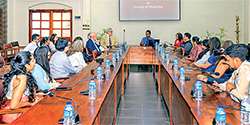



















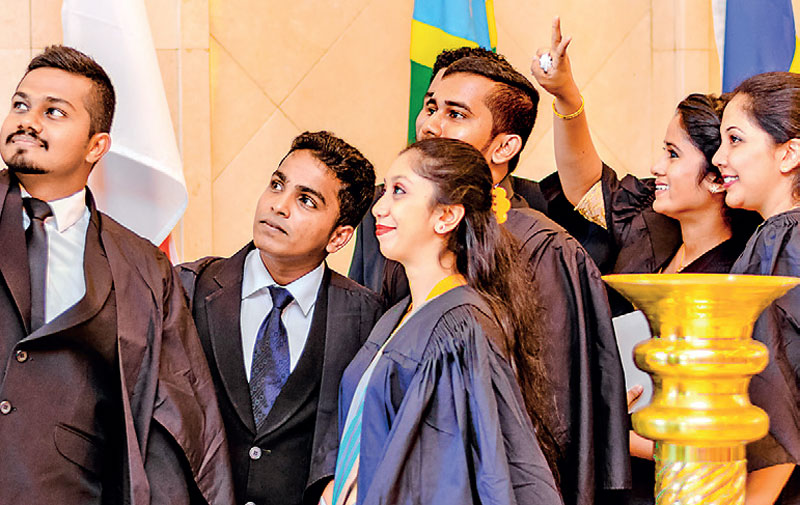

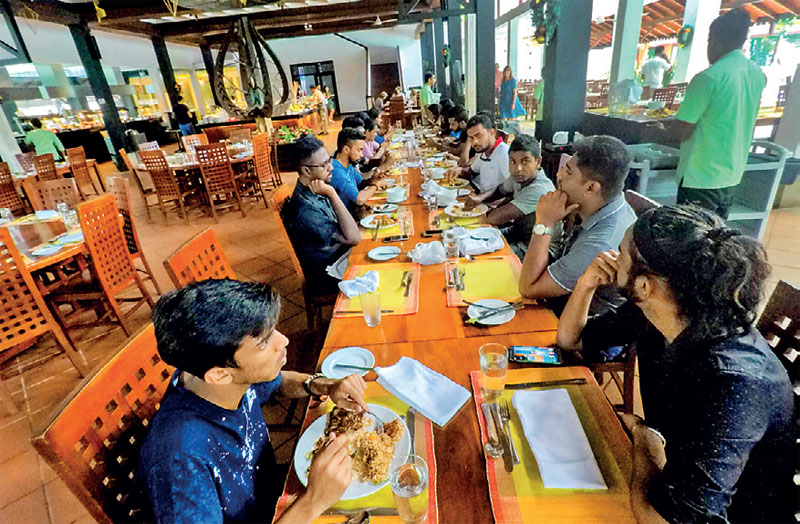
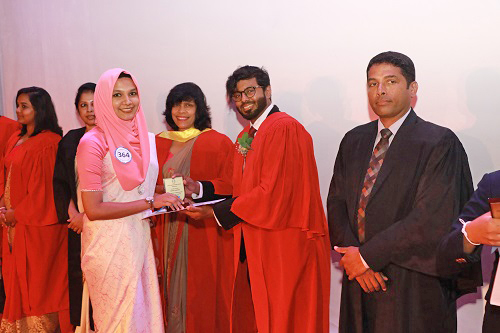
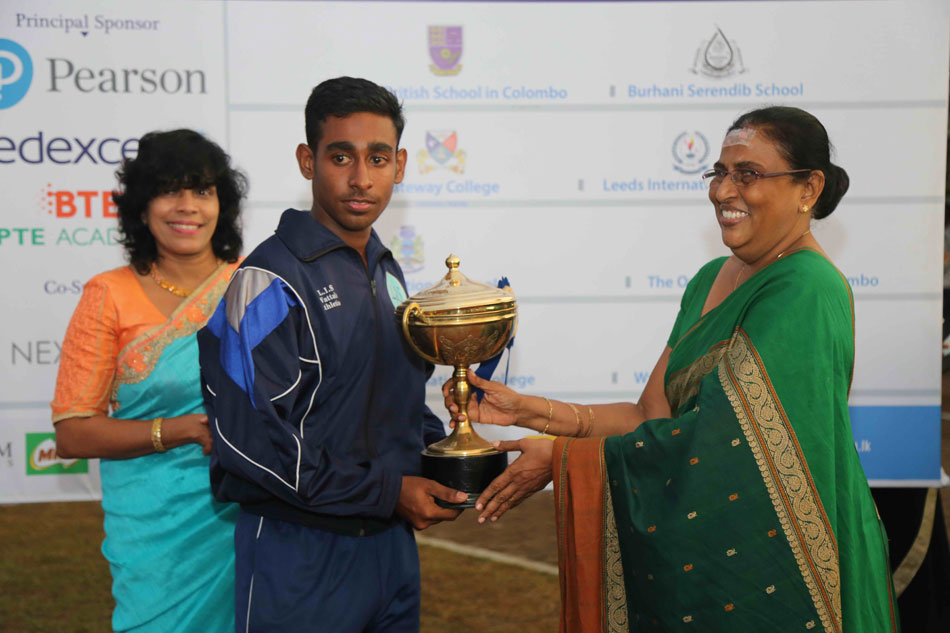
.jpg)
.jpg)

.jpg)
.jpg)
.jpg)
